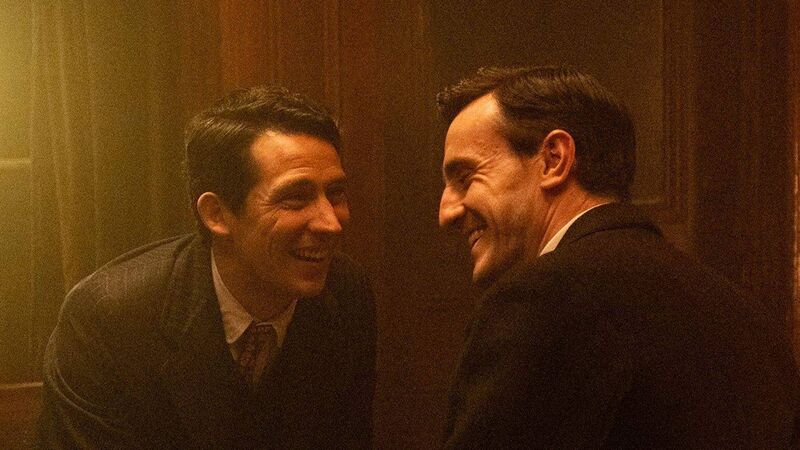The History of Sound review: a tender romance that whispers when it should roar

Josh O'Connor and Paul Mescal in The History of Sound
★★½
The , directed with delicacy by Oliver Hermanus, is a tender, albeit timid, romantic affair.
Try from €1.50 / week
SUBSCRIBE
Josh O'Connor and Paul Mescal in The History of Sound
The History of Sound ★★½
The History of Sound, directed with delicacy by Oliver Hermanus, is a tender, albeit timid, romantic affair.
Already a subscriber? Sign in
You have reached your article limit.
Annual €130 €80
Best value
Monthly €12€6 / month
Introductory offers for new customers. Annual billed once for first year. Renews at €130. Monthly initial discount (first 3 months) billed monthly, then €12 a month. Ts&Cs apply.
Newsletter
Music, film art, culture, books and more from Munster and beyond.......curated weekly by the Irish Examiner Arts Editor.
Newsletter
Music, film art, culture, books and more from Munster and beyond.......curated weekly by the Irish Examiner Arts Editor.
© Examiner Echo Group Limited